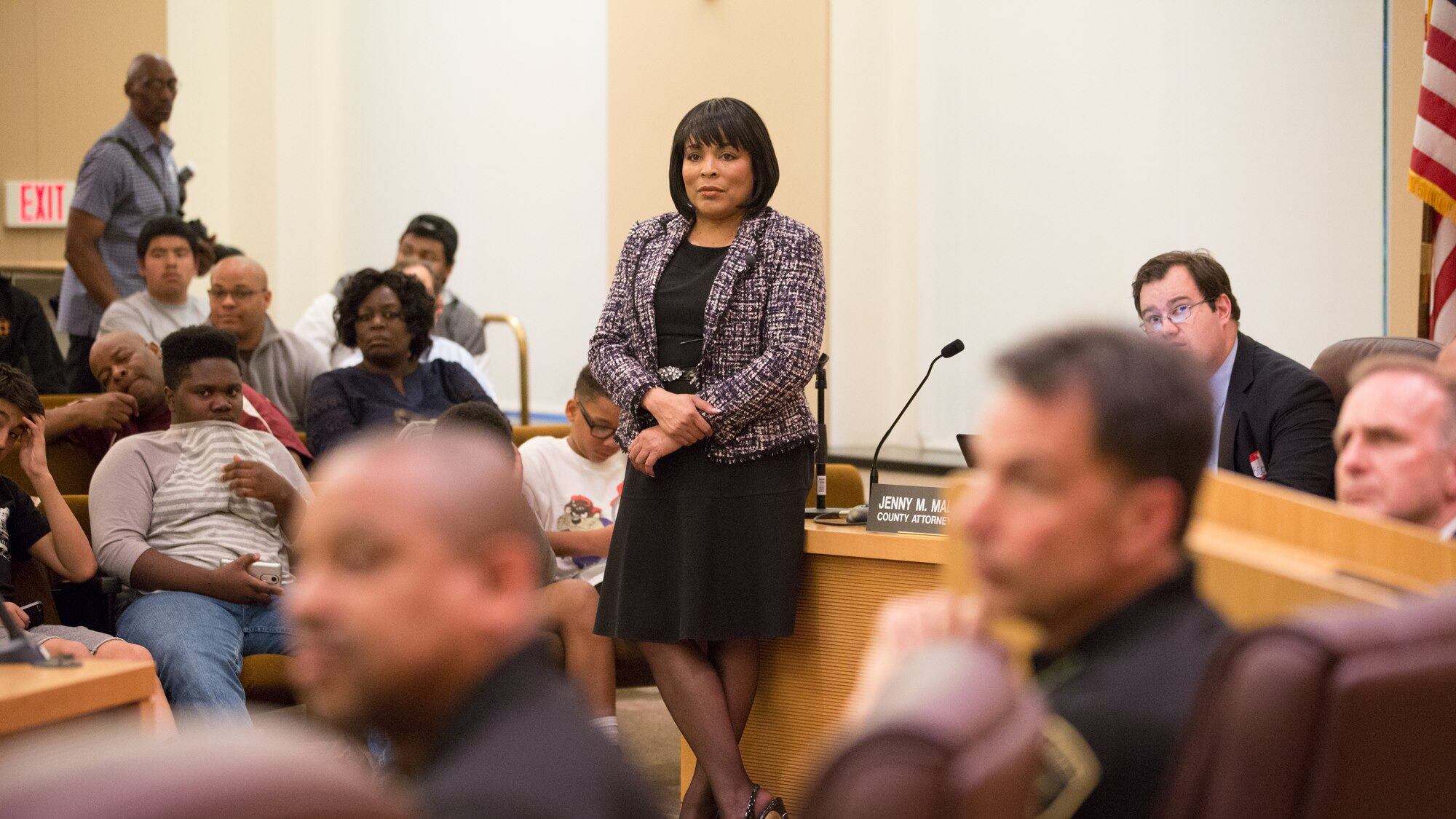Former Multnomah County Commissioner Loretta Smith and Dan Ryan, onetime executive director of the educational nonprofit All Hands Raised, face each other in a Aug. 11 special election runoff to replace the late City Commissioner Nick Fish.
Smith, who was the top vote-getter in the May primary, disclosed this week a highly unusual campaign finance transaction: a $6,000 contribution with no name attached to it.
Three aspects of the contribution were unusual.
First, its size. Smith and Ryan are both participating in the city of Portland's Open and Accountable Elections program, which matches campaign contributions up to 6 to 1 but limits them to $250 each. Obviously, the transaction violated that limit.
Second, the timing of the contribution was odd. The filing listed a transaction date of April 21, but the contribution was not disclosed until July 15. At that stage of the election cycle, candidates are required to disclose contributions within seven days of receipt. So Smith's filing violated that rule, as well.
Finally, there is the anonymous nature of the contribution. That is extraordinarily rare—for good reason.
"Anonymous contributions are prohibited," says Laura Fosmire, the spokesperson for Oregon's top elections officer, Secretary of State Bev Clarno.
So what gives?
Jerome Brooks, Smith's campaign manager, says the answer to the mystery is simple: Smith's campaign lost track of contributions made in cash.
"The contribution in question is actually a group of individual contributions where the donation envelopes were lost before they could be logged, so ultimately they couldn't be attributed to the individuals who made the donation," Brooks says. "With all of the changes to how things got processed during this time period in light of shutdowns for COVID-19, the batch of envelopes (approximately 25) were unable to be located."
During her two terms at Multnomah County from 2011 to 2019, Smith handled her office budget differently from other commissioners, and sometimes in ways that drew criticism.
Susan Mottet, director of Open and Accountable Elections, says shoddy bookkeeping will now cost Smith's City Council campaign dearly.
Because the campaign failed to account for the contributions properly, it was ineligible for matching funding for the 25 donations, which could have yielded $7,500 in city matching funds. (The city would have matched the first $50 of each donation 6 to 1: 25 times $300, or $7,500.)
To compound the pain, the Smith campaign must also forfeit the contributions.
"If the campaign wishes to keep the cash, they must collect proper documentation," Mottet says. "Since the collector of the cash did not, the campaign may not keep it. It is being remedied according to state rules."
Seth Woolley, who also ran for City Council in May and has long advocated campaign finance reform, says in addition to forfeiting the money, Smith could now face fines by both the city and the secretary of state for improper and late disclosure.
But there is a silver lining: Because state election law requires candidates to disgorge anonymous donations, Smith is sending the $6,000 to the Oregon Food Bank.

